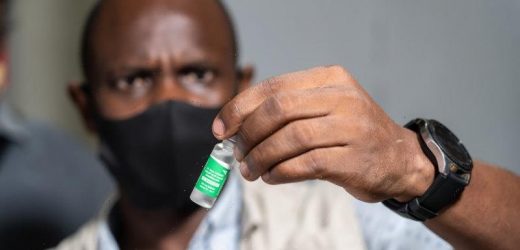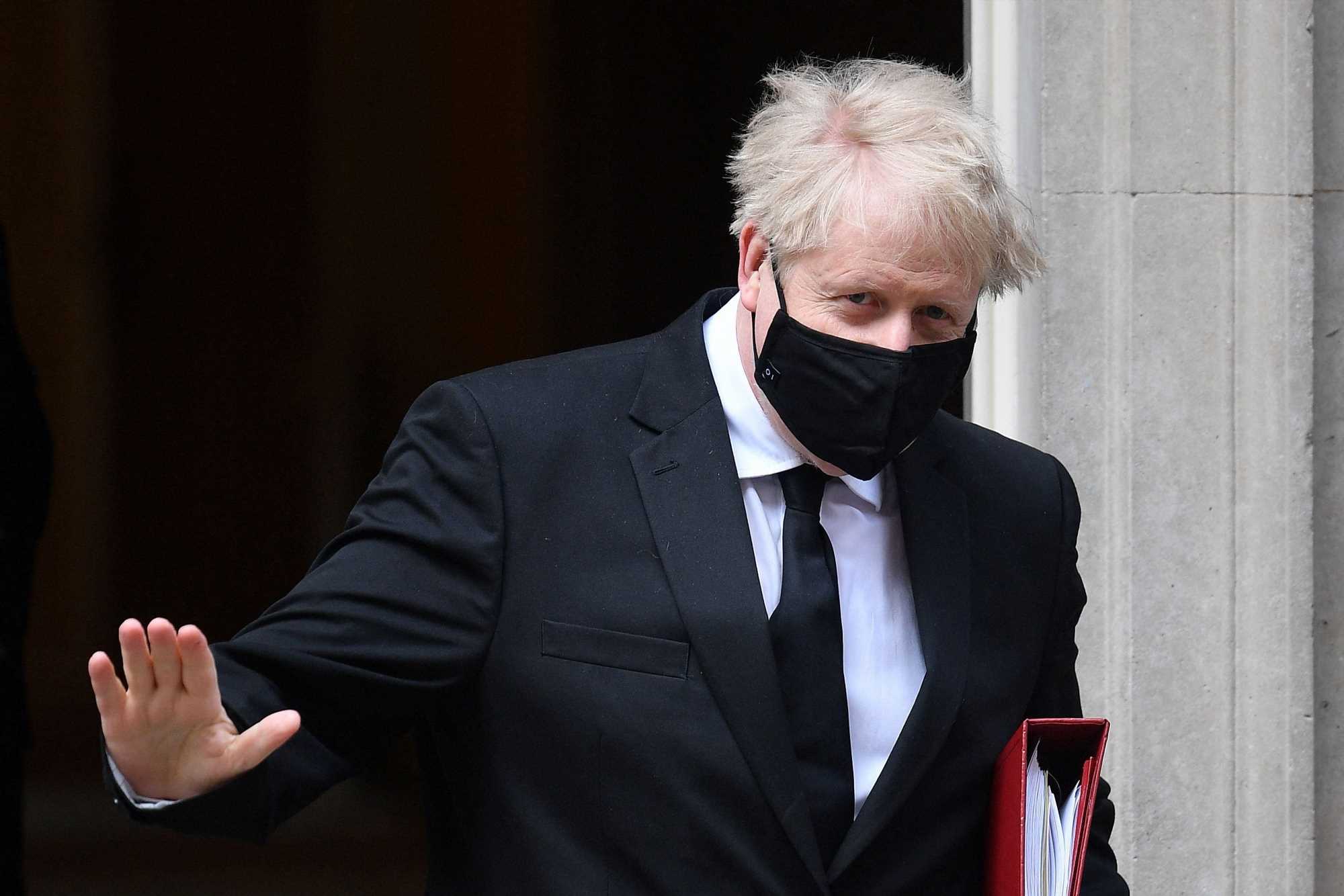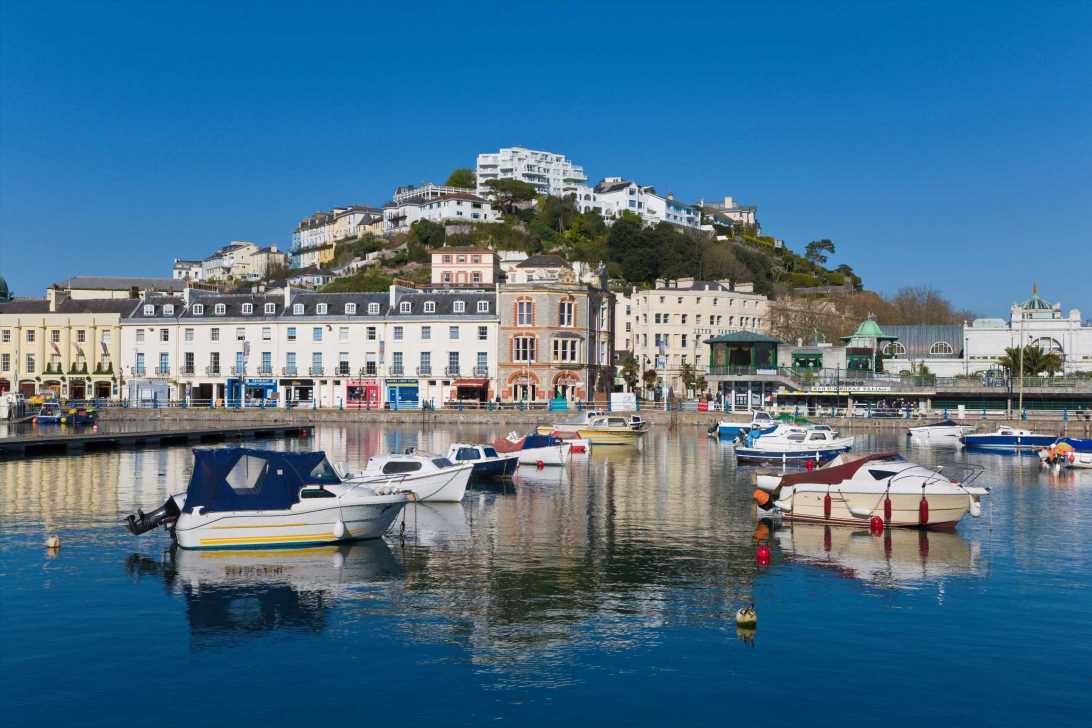Papua New Guinea will vaccinate its frontline health workforce in coming weeks in the first attempts to stamp down its raging COVID-19 epidemic.
Small teams will drive doses to remote villages while stadiums in larger cities and towns could be used as mass vaccination centres as UNICEF and the PNG government prepare to widen the vaccine rollout to every province of the country.
Papua New Guinea has received 132,000 doses of the AstraZeneca vaccine through COVAX this week.Credit:UNICEF
On Tuesday morning 132,000 doses of the AstraZeneca vaccine arrived in Port Moresby, the first delivery to arrive through the COVID-19 Vaccines Global Access, or COVAX, facility. They were officially handed over to the PNG government on Thursday.
PNG’s Minister of Foreign Affairs and Trade Soroi Eoe said the vaccines will help prevent the spread of COVID-19 in the country where the official death toll is 71, with 8984 confirmed cases, but experts believe case numbers are hugely underestimated due to a lack of testing resources.
“[These doses] will certainly provide some protection to our frontline workers who are most at risk to COVID-19 infection,” Mr Eoe said on Thursday afternoon.
The shipment of AstraZeneca vaccines landed in Port Moresby on Tuesday morning and handed over to the government on Thursday.Credit:UNICEF
UNICEF’s PNG representative Dr Claudes Kamenga said those workers urgently needed the vaccines.
“If healthcare workers cannot do the job, essential services for women and children will be impacted,” he said.
“Being able to protect these health workers is so critical to ensure that this pandemic doesn’t erase decades of progress made for each child in this country.”
PNG will receive almost 600,000 doses through the COVAX facility, and this week’s delivery follows 8000 doses delivered by Australia last month so PNG could begin vaccinating frontline health workers. China has also offered the country 200,000 doses of its Sinopharm vaccine.
Vaccine hesitancy is an issue in PNG, Dr Kamenga said, and much of UNICEF’s work is focused on providing clear advice on COVID vaccines, addressing misinformation and promoting demand for the vaccines.
“This vaccine is new for everyone. So the questions being raised by people are, from my point of view, legitimate. We need to do our job to provide answers to those questions,” he said.
PNG Health Minister Jelta Wong said the risk of not vaccinating the country was much higher than the risk of the extremely rare clotting side effect linked to the AstraZeneca vaccine.
“The risk of severe disease, death or hospitalisation as a result of COVID-19 infection is extremely serious. Vaccination is one of the key tools to prevent COVID-19 and to end the pandemic,” Wong said in a statement on Facebook.
“Papua New Guinea’s infection rate continues to rise rapidly, and as a responsible government – it is our duty to make vaccines available. I reiterate that taking the vaccine is not mandatory, but it is definitely encouraged.”
Dr Kamenga said despite vaccine hesitancy and the large job ahead for vaccinators, he was confident that once people start to see their neighbours and families vaccinated more people will come forward for vaccination.
“I remain optimistic that despite the hesitancy we see now, in the coming weeks and months, things will be brighter,” he said.
Australian Prime Minister Scott Morrison last week committed to sending 10,000 doses a week to PNG from this month, as an outbreak also grows in East Timor. Australia has also been lobbying Europe to release 1 million AstraZeneca doses contracted by Australia to help PNG.
Get our Coronavirus Update newsletter
Stay across the news you need to know related to the pandemic. Sent Monday and Thursday. Sign up here.
Most Viewed in World
From our partners
Source: Read Full Article




